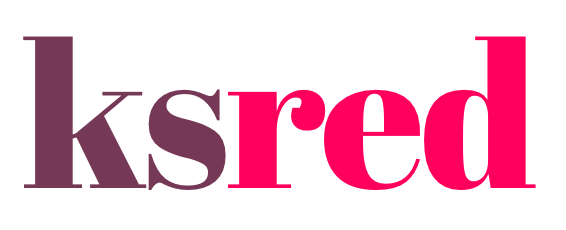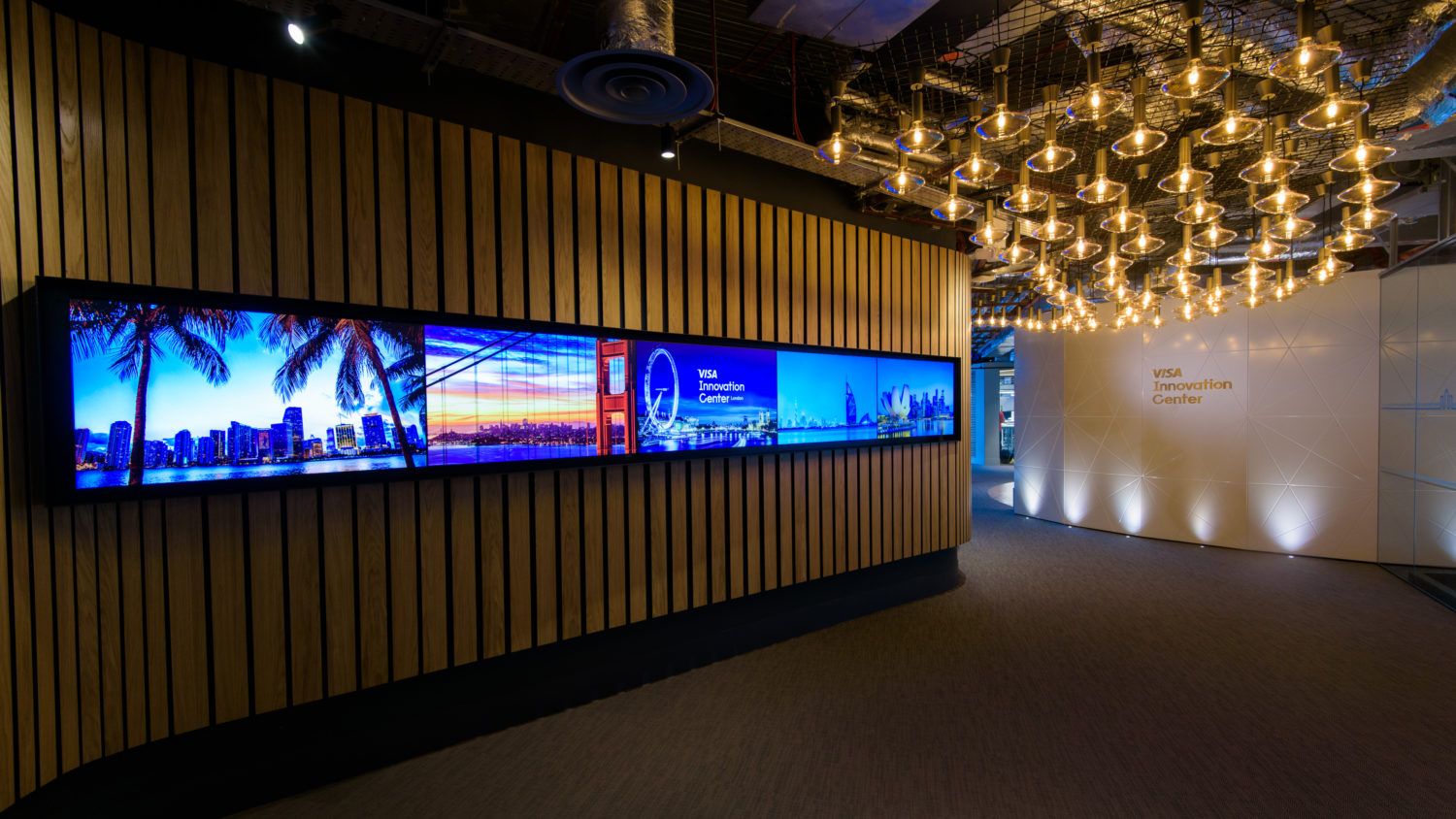When I was in South Africa almost a decade ago and trying to plan my future, I knew my main interests were technology and finance. I thought about where the best city would be for the intersection of these interests and two came to mind: London and New York. I ended up getting the Exceptional Talent Visa for the UK and moved to London shortly afterwards.
One of my first jobs I got when I arrived here was for a consulting agency while I was doing my first startup, and one of the first clients I worked with was Visa. The Innovation Centre had just opened in their main Paddington offices, and my job was to help lay the groundwork for building pilots. It was great work and I was there for just under two years, during which time we managed to get a process together to do end to end delivery of pilots in months, which is incredibly fast when working in a highly regulated and structured company like Visa.
From then until now I ended up becoming Head of Engineering for that consultancy, left to start my second startup, and eventually ended up working at Visa full time again.
Why Visa
I've always been impressed by Visa as a company. I read parts of the origin of the company through Dee Hock's book One From Many and it was fascinating: what had to happen to get any network moving forward, the company structure that was required, and how that changed over time.
In terms of company performance, Visa is unbelievable. Right now we have around 28,000 employees, with a 52.6% net profit margin on almost $8 billion quarterly revenue. This is an incredible business.
The Role
I have come on to be the Head of Technology within Innovation in Europe. As with many large organisations, functions are split down different verticals, and my job is to make sure Technology is working as well as possible with Product (Innovation as well as those focused on customers and sales) and other parts of the organisation.
We do broadly two pieces of work in Innovation:
- Help bring new ideas we've had to life. These are normally the really sexy ideas: AI financial advisor, automated tax submission/calculation, mobile applications for huge events.
- Help bring regional needs to market. Visa has products that cover the entire globe, and we will often need something specific to a region to address that market's needs.
I look over our engineering capability and make sure we are working as best we can as a team. In Visa, this covers not only ensuring sprints are planned and protected, but also trying to forsee any third party dependencies we need to be aware of and mitigate in advance. I work with my team leads to ensure that the work is adequately planned, often well in advance, and that the delivery is going smoothly. Senior managers at Visa also have generally at least eight direct reports so people management is a key focus too.
I also do a lot of work within Visa, ranging from meeting different people from the business to see if we can help them increase sales or improve existing flows/products, to understanding how we deliver product to market and see if we can improve any part of this process. There is a lot of this work to be done within Visa, and having a startup efficiency-focused mindset makes you realise where exactly we can move faster. I help the company to get more efficient, bit by bit, which is definitely a long game, but the scale that these efficiencies bring is super exciting.
Looking Forward
I've been at Visa for almost six months now and am loving it. There's definitely a culture shift, coming from startups to a large corporate, but working with innovation allows me to be on both sides of the aisle: be startup that can deliver product at Visa's scale. This is what makes me excited: to be able to implement change within a company of the reach of Visa and affect hundreds of millions of people positively around the world.


